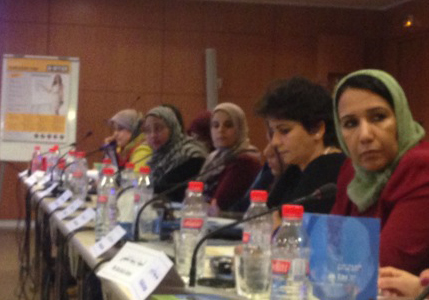
Nov 24, 2013 | News
Women judges and lawyers from across the Middle East and North Africa participated in the ICJ Colloquium on Women and the Judiciary in MENA on 22 and 23 November in Tunis.
The event brought together women of different generations from a range of countries including Bahrain, Egypt, Kuwait, Libya Morocco, Palestine and Tunisia.
They discussed the significant personal and professional challenges faced by women judges and lawyers in the region.
Sharing their personal testimonies and experiences, participants underscored the specific challenges which arise for women judges and lawyers in situations of transition, conflict and occupation or in contexts where women’s participation in the judiciary is not possible or subject to significant restrictions.
They identified recommendations for change and highlighted the need for increased cross-regional support networks and opportunities for dialogue and joint action.
The Colloquium marks the initial phase of an ICJ initiative to support women judges, lawyers and human rights defenders in the Middle East and North Africa as agents of change.
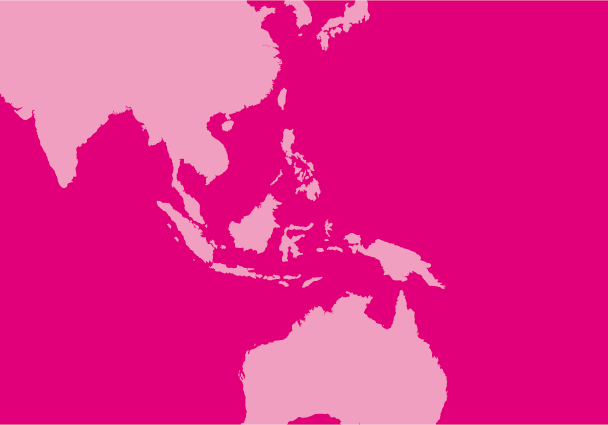
Nov 1, 2012 | News, Publications, Reports
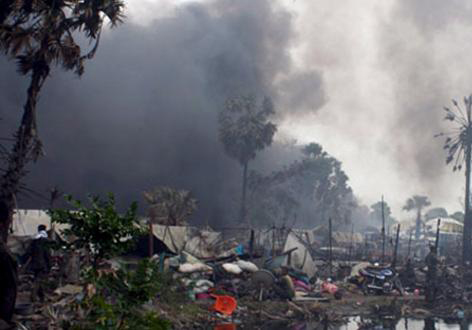 The Sri Lankan government must immediately cease its assault on the independence of the judiciary, the ICJ said in a new report.
The Sri Lankan government must immediately cease its assault on the independence of the judiciary, the ICJ said in a new report.
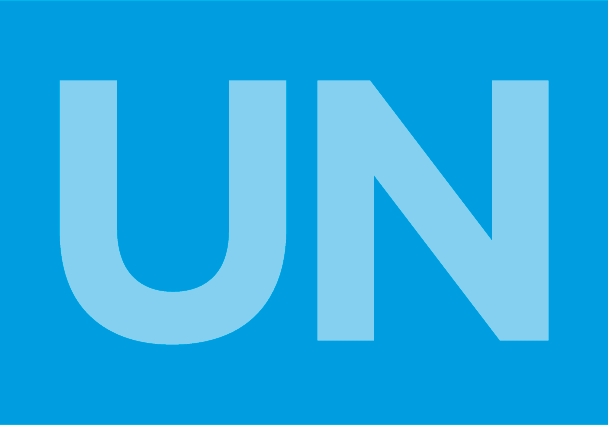
Oct 25, 2012 | Advocacy, Non-legal submissions
 During a half-day of general discussion held today by the Human Rights Committee, the ICJ supported the establishment by the Committee of a General Comment on the right to security and liberty of the person under article 9 of the International Covenant on Civil and Political Rights (ICCPR).
During a half-day of general discussion held today by the Human Rights Committee, the ICJ supported the establishment by the Committee of a General Comment on the right to security and liberty of the person under article 9 of the International Covenant on Civil and Political Rights (ICCPR).
As an update to its General Comment No 8 of 1982, the Human Rights Committee (the Committee) has commenced a process to develop a new General Comment on article 9 of the ICCPR. Responding to a list of issues prepared by the Committee for potential expansion within the General Comment, the ICJ supported the initiative and called for clarification of certain issues in this work.
The ICJ’s submission and statement also called on the Committee to give express consideration to the following thematic issues within the General Comment:
- The meaning of ‘arbitrary’ deprivation of liberty;
- Application of article 9 in international and non-international armed conflicts, including in the context of administrative detention;
- Control orders and other mechanisms involving restrictions of movement and the extent to which such mechanisms might interfere with liberty rights;
- Detention of asylum-seekers and irregular migrants; and
- The role and accountability of legal entities.
The Committee is scheduled to consider and adopt a first draft of the General Comment during its session in March 2013. The ICJ intends to make substantive submissions on this first draft.
ICJ-HRCttee-GCArticle9-IssuesStatement-non-legal submission (2012) (download in PDF)
ICJ-HRCttee-GCArticle9-IssuesSubmission-non-legal submission (2012) (download in PDF)
HumanRightsCommittee-Issues-Article9 (download in Word)
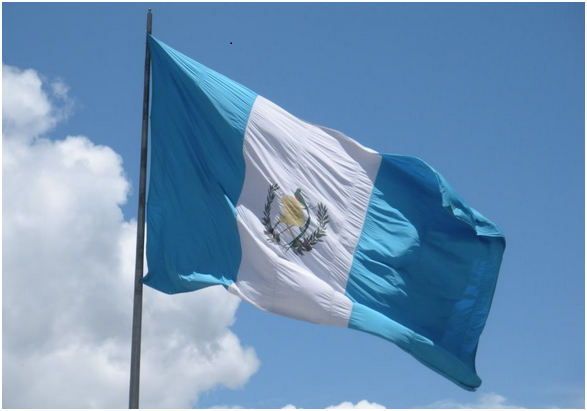
Apr 11, 2012 | Advocacy, Non-legal submissions
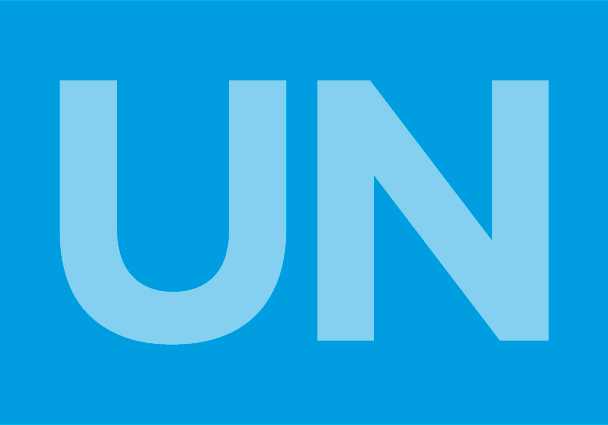 Under the second cycle of the Universal Periodic Review (UPR) mechanism, the UN Human Rights Council Working Group on the UPR will be undertaking a review of Guatemala during its 14th session.
Under the second cycle of the Universal Periodic Review (UPR) mechanism, the UN Human Rights Council Working Group on the UPR will be undertaking a review of Guatemala during its 14th session.
In a submission to the Working Group, the International Commission of Jurists has focused on the discrete issues of:
- lack of independence of the judiciary;
- impunity for gross human rights violations committed during the armed conflict;
- lack of access to justice for indigenous people and impunity for human rights violations against them;
- abolition of the death penalty; and
- Guatemala’s party status to international human rights instruments and its cooperation with the UN treaty bodies and the Council’s Special Procedures.
Guatemala-ICJ submission UPR-non-judicial submission-2012 (full text in English, PDF)
Guatemala-Comparison second cycle-advocacy-2012 (full text in English, PDF)
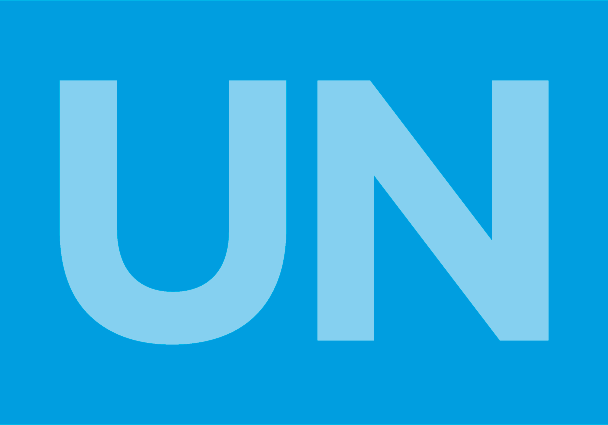
Mar 29, 2012 | Advocacy, Non-legal submissions
The ICJ made a written statement on Nepal to the Human Rights Council during its 19th session in Geneva.
More than five years since the end of the armed conflict in Nepal, international monitoring mechanisms established to scrutinise progress in the peace process in the country have effectively ceased to function, despite the failure to conclude the peace process and establish the agreed-upon transitional justice mechanisms.
The ICJ statement focuses on amnesty provisions in transitional justice legislation; proposed pardons, and the appointment of alleged rights violator to Government; and lack of investigations and withdrawal of cases.
Nepal-Written statement ICJ-non-judicial submission-2012 (full text in English, PDF)












